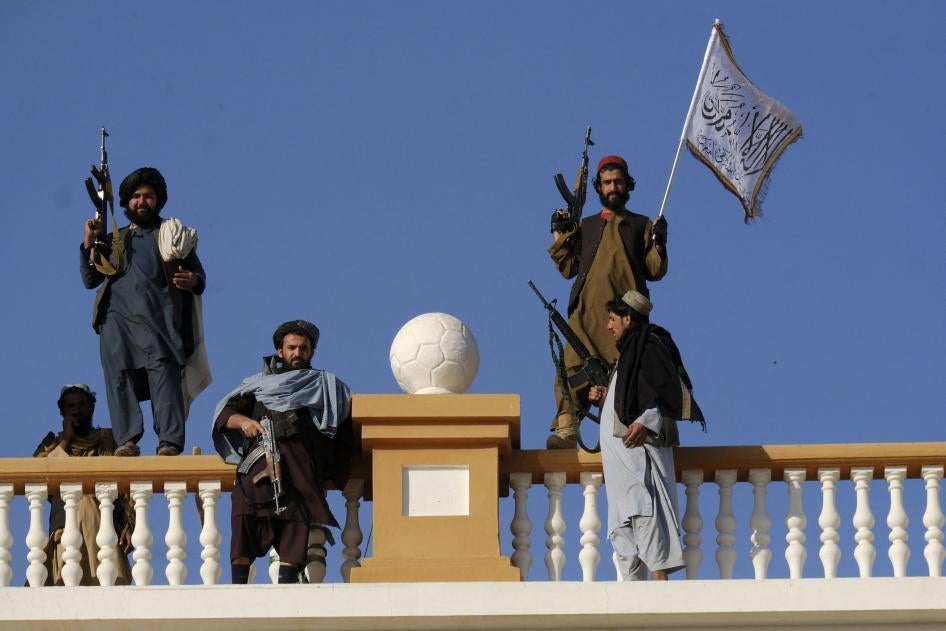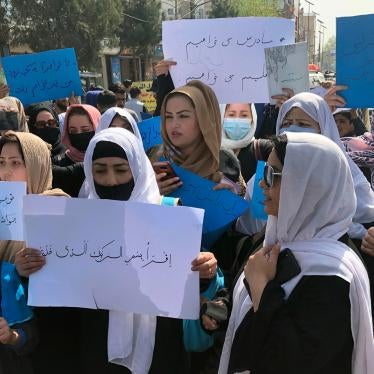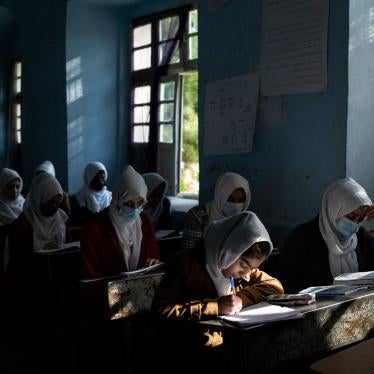“It’s so hard to report from Afghanistan anymore,” a journalist in the eastern province of Nangarhar told me. “Anything can happen, you could be arrested, beaten, tortured or even killed, just for a report or a program.”
On March 28, security officers from the Taliban’s General Directorate of Intelligence raided the offices of four radio stations in the southern city of Kandahar for violating a ban on music and detained six journalists. All were released only after they promised they would never broadcast music again. “I want to leave this job,” one said. “Being a journalist has always been my dream job but not anymore.”
On the same day, Taliban authorities banned outlets in Afghanistan from broadcasting international news programs, including Voice of America and the BBC, in Dari, Pashto, and Uzbek languages. This new restriction is the latest Taliban measure to limit access to independent information
Journalists say Taliban intelligence officials hold regular meetings with the media to inform them of any new rules. In some cases, journalists have reported that they have been harassed, beaten, and arbitrarily detained without explanation.
On March 17, the Taliban detained three staff members from Tolo News, including news presenter Bahram Aman. All were released after 21 hours without explanation. “The Taliban do not explain why a journalist has been detained or, in some cases, where they have been taken,” a Kandahar journalist said.
The growth of Afghanistan’s media was one of the signal successes of the post-2001 reconstruction effort. Since the Taliban takeover in August 2021, restrictions on media have escalated, and hundreds of media outlets have closed.
The Taliban should end restrictions on music and other content and cease the arbitrary detention of media workers and journalists. They should ensure that journalists can report freely without fear of abuse, and hold Taliban security forces accountable for the arbitrary arrest and mistreatment of media workers.










